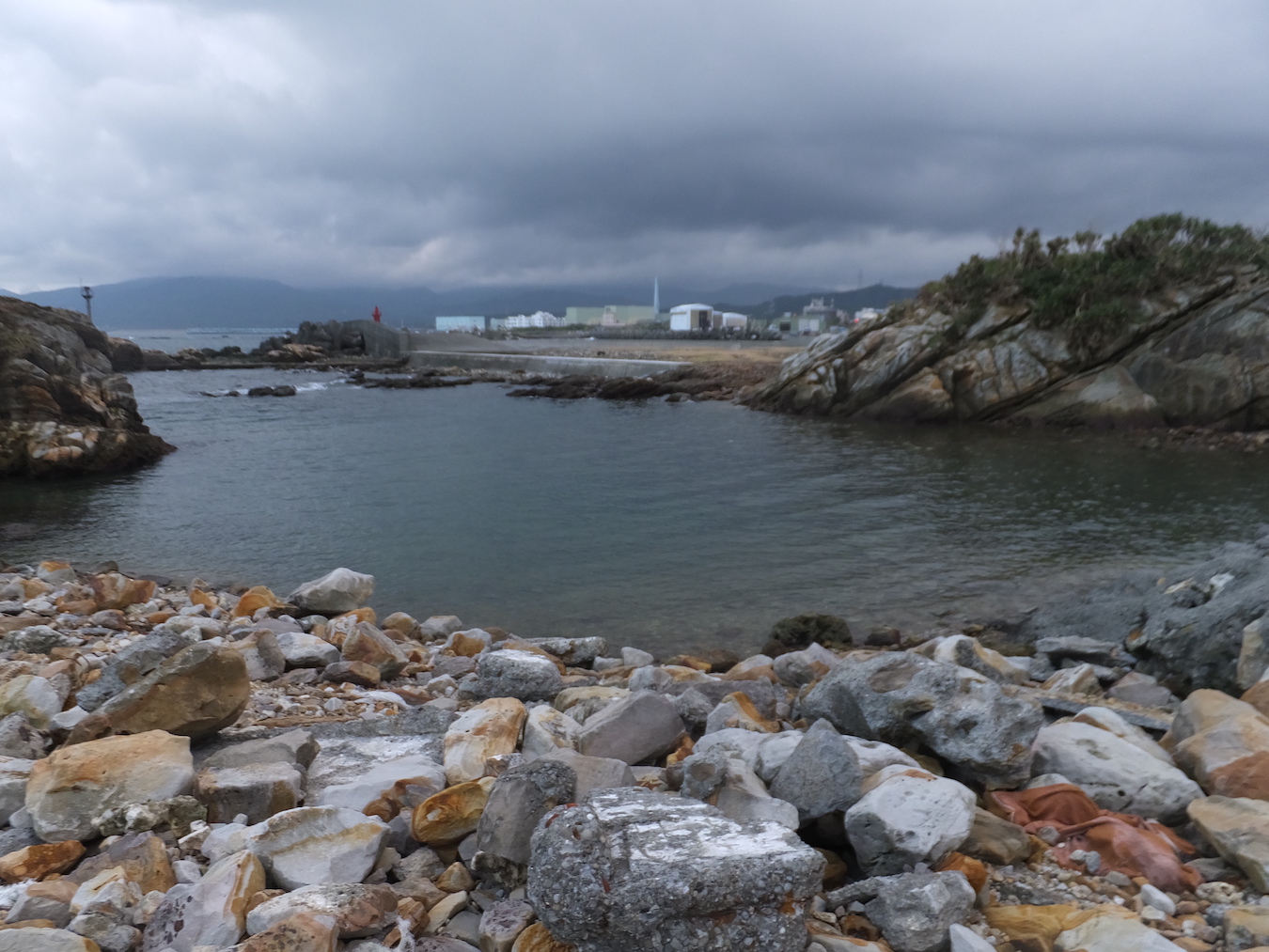by Brian Hioe
語言:
English
Photo Credit: 毛貓大少爺/WikiCommons/CC BY-SA 2.0
THE ENVIRONMENTAL RIGHTS FOUNDATION, Green Citizen Action Alliance, and Homemakers United Foundation have called for a carbon fee system to be implemented before the Lai administration takes power. To this effect, the environmental groups held a demonstration in front of the Legislative Yuan earlier this month.
The groups proposed that the fee be set at 500 NT per ton of carbon, framing this as in line with international standards. In particular, however, the call was that the Lai administration be proactive on the issue, to announce that new regulations be set before taking office rather than tarrying on the issue.
To this extent, the groups called for greater transparency in existing policies, urging that the minutes of the Carbon Fee Rate Review Committee be publicized. It is not uncommon for Taiwanese civil society groups to criticize government bodies for failing to meet, or only meeting in a perfunctory manner.
Since the demonstration, incoming president Lai Ching-te has stressed that he would accelerate the transition to net zero emissions. Carbon capture and storage technologies, as well as sources of power including hydrogen-based, geothermal, maritime, and biomass would be used as part of the transition. Lai also pledged to embrace new international trends such as green banking.
It is to be seen if Lai’s pledges prove more than talk, however. But a point of leverage may be framing green energy as an international trend that Taiwan should embrace if it hopes to be competitive, not only with regards to carbon fees, but green investment and so forth.
More generally, one notes that part of the impetus for Taiwan to transition to green energy comes from western tech companies specifying that this is required for their supply chains. Companies such as TSMC investing in offshore wind or solar farms occur in part because of this push from Apple and other major companies.
The DPP and KMT alike would have an interest in reducing air pollution in Taiwan. This has particularly become an issue in central and southern Taiwan during the winter, but issues regarding air pollution have become worse across Taiwan as a whole in past years. In part, this comes from the use of coal-fired power plants in Taiwan, though some air pollution in Taiwan comes from China and drifts in from across the Taiwan Strait.
 Photo credit: lienyuan lee/WikiCommons/CC BY 3.0
Photo credit: lienyuan lee/WikiCommons/CC BY 3.0
The KMT has sought to use rising public concerns regarding air pollution as part of its push for nuclear energy. It is suggested that nuclear energy would not have the same issues regarding air pollution that coal-fired power plants would have.
The potential for a nuclear catastrophe in Taiwan due to frequent seismic activity, along the lines of the catastrophic 2011 Fukushima meltdown, has long led to concerns about the safety of nuclear energy. Thisis all the more so in light of Taipower’s history of mismanagement. Likewise, there have also long been questions about where to store nuclear waste, when local governments and residents usually do not wish for this to be near their homes. It is for this fact that Taiwanese environmental groups historically do not consider nuclear energy to be green energy. This includes the aforementioned civil society groups calling for a carbon tax.
The KMT has long been the pro-nuclear party in Taiwanese politics. Its calls for a return to nuclear energy ultimately return to leveraging on nostalgia for the past, when Taiwan’s economy was prospering during the one-party era. At this time, Taiwan’s energy mix was more heavily reliant on nuclear energy and, in this sense, the KMT is leveraging on historical nostalgia.
At the same time, one notes that in past years, the KMT has increasingly taken a stand against renewables out of opposition to the DPP’s energy policy, and in line with its political conservatism. Renewable energy is framed as unreliable and untested, as well as potentially dangerous for Taiwan. This could potentially affect new measures rolled out by the Lai administration.

